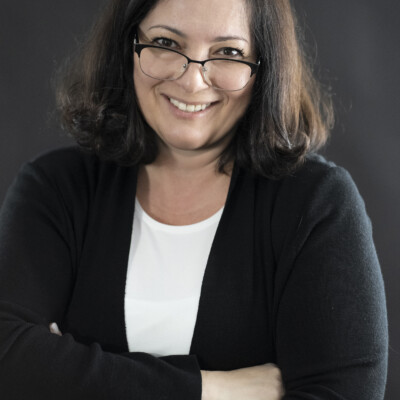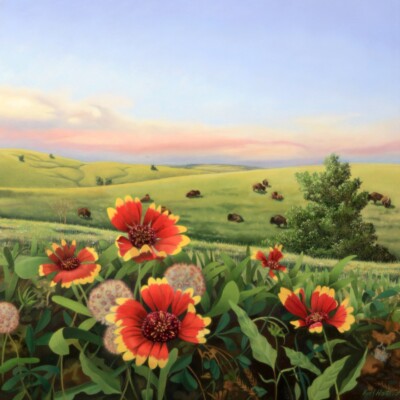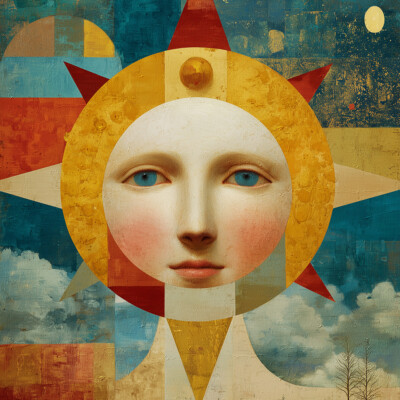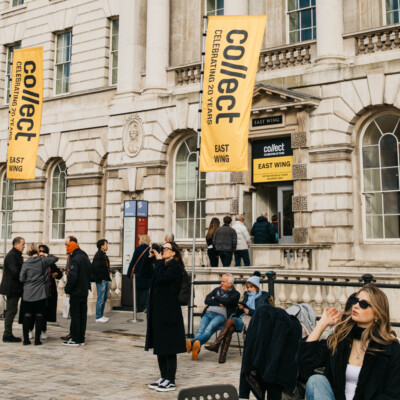Kristina Huntington is Founder of KH Fine Art Projects, a full-service fine art consultancy. With over two decades’ worth of industry expertise, she has held positions at Mana Contemporary, Sotheby’s New York, Hubert Gallery and currently manages Lincoln Center Editions at Lincoln Center for the Performing Arts. She is also a fine art appraiser with a speciality in prints and is USPAP certified by the Appraisers Association of America.
Kristina established her consultancy in 2011 to guide private collectors, corporations and cultural institutions in building their art collections. Drawing on her ample experience in the commercial art world, the business offers clients a discerning approach to the market and knowledge of best collection practices. www.khprojects.com
Services include: acquisitions, curation, collection management, appraisals, framing, installation and fine art storage solutions.
Stephanie Yeap spoke with Kristina between London and New York via video call…
- 1. Describe your business in 5 words:
Full-service fine art consultancy.
2. What inspired you to pursue this career?
I have valued the fine arts since I was a young student and visited the Metropolitan Museum of Art weekly. I always knew I wanted to be part of the art world. After college, I worked for Sotheby’s and private galleries and enjoyed interacting with clients. Art advisory seemed like a natural fit.
3. What’s the most wonderful thing about the profession?
The opportunity to communicate with artists who stand for social justice and to share their message to a wider audience. I recently published a new limited-edition with Marcel Dzama to benefit Lincoln Center for the Performing Arts. The image depicts a celebratory female revolution titled, Ya Es Hora (It’s Time).
4. And let’s get real… What’s the most challenging aspect of the profession?
I would say the most challenging part is securing important and ‘culturally relevant’ works by celebrated artists. There’s a lot of jockeying among collectors to acquire the strongest pieces and often times museums get priority before private clients unless they donate the works to public institutions.
5. What’s the best piece of professional advice you’ve been given?
A successful entrepreneur and mentor once told me to write my own obituary. This helps to define your personal values and provide direction in life. Another mentor stressed upon me to diversify one’s income stream. It’s important to have different types of projects with different avenues to support yourself. If a project falls though, you don’t need to start from scratch.
6. What do you now say to someone who is just starting out? (Maybe it’s that one thing you wish someone had told you!)
Life is short so I would make a list of personal values and then join organizations that embody those. Immerse yourself in learning within those organizations and listen to everything. Then find a space where you can make a positive change – that’s the best thing you can try to do when you’re starting out.
7. What challenge is the industry facing that art dealers need to address?
We are living with a climate crisis and our children are leading an extinction rebellion. In the art industry, we too must be mindful of the plastics and resins that artists use and which materials we are promoting, buying and selling. We must be responsible activists as well.
8. If you had to be one work of art, what would you be – and why?
What a difficult question! In 1982, Agnes Denes, the environmental activist and artist planted 1.5 acres of wheat fields in the heart of Lower Manhattan. She and her team successfully harvested a thousand pounds of wheat which they brought to other cities so that the wheat could be replanted. The work addressed the world hunger crisis and affected me deeply. We are all living on one planet and we have no Planet B. I like being a human but as an art form, I’d choose this eco-art installation.
9. What do you personally believe are the best advantages of being part of an association like AWAD, and how have you benefited?
AWAD is a group of intelligent businesswomen that works as a successful network. I get a lot of support and guidance, whether it’s an ethical issue or I’m in search of a recommendation for a trustworthy art handler. It’s great that everyone is in the same field and shares their experiences. I find it to be a very supportive community. I also value the programming, everything from the workshops to the guest speakers.
10. How can you make the most out of being a member of a professional network?
Come to the meetings! When I’m able to attend them, I’m always impressed with how informative and educational they are.
Instagram: @kh_projects





